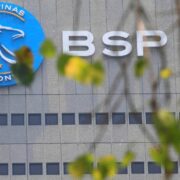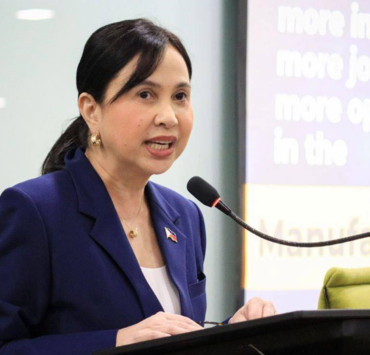June and August rate cuts likely on the table, says Deutsche Bank

The Bangko Sentral ng Pilipinas (BSP) might cap its current easing cycle with back-to-back interest rate cuts in June and August, Deutsche Bank Research said, as tame inflation and slowing economic growth give monetary authorities more reason to further trim borrowing costs.
In a commentary, Junjie Huang, an economist at Deutsche Bank, said the BSP may trim its key rate by 25 basis points at each of the Monetary Board’s (MB) meetings on June 19 and Aug. 28.
At the heart of Huang’s outlook was his expectation that the average inflation in 2025 might settle below the 2 to 4 percent target range of the BSP due to cheaper cost of rice, a staple food for Filipinos. As it is, an Inquirer poll of 13 economists last week yielded a median estimate of 1.3 percent for the May inflation, lower than the 1.4 percent reading in April.
Huang added that slower-than-expected economic growth of 5.4 percent in the first quarter boosted the case for more easing.
Overall, the Deutsche Bank economist said the local policy rate and the federal funds rate (FFR) in the United States must maintain a healthy gap to avoid pressuring the peso.
“Our view was on the premise that BSP would prefer to maintain a sufficiently positive interest rate differential vis-à-vis the Fed,” Huang said.
“The differential would be ~0.6 percent as the policy rate approaches 5 percent, assuming the FFR remains unchanged, making it the narrowest in recent periods,” he added.
It may be recalled that BSP Governor Eli Remolona Jr. had said there was “plenty of room” to reduce borrowing costs, adding that at least two more rate cuts were possible this year.
He had also hinted at the end of the easing era this year.
Even as Remolona had said that the two additional cuts for the rest of 2025 may “not necessarily (be) consecutive”, Huang said such a policy signal likely referred to concerns around currency volatility and the pass-through to inflation.
“That is, if conditions were volatile then the rate cut in that month may be postponed,” he said.
“However, the risk of breaching BSP’s upper-end inflation target remains limited,” he added.





















